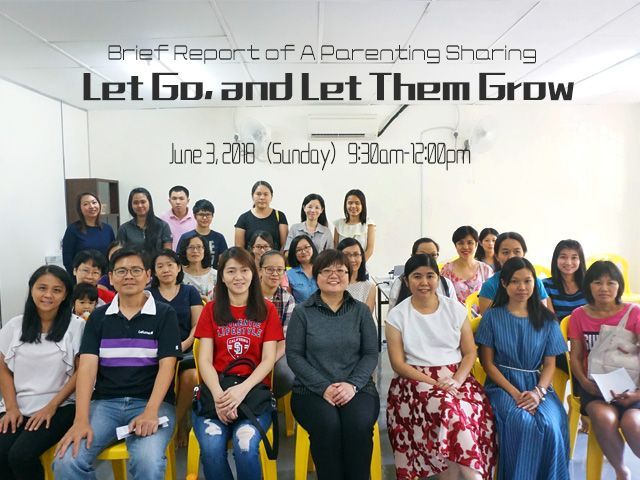 3 June 2018, 9:30am-12:00pm
3 June 2018, 9:30am-12:00pmShared by Consulting Psychologist, Ms Lee Li Li
The first lesson of being independent: Parents need to learn to relief, relax, let go and return the rights to children
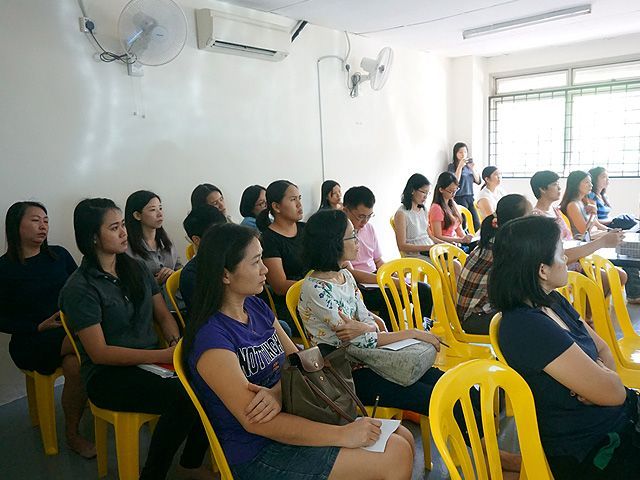 Parents play an important role in helping their children to cultivate a sense of independence. However, most of the parents are reluctant to let go their children. The reasons of their reluctance including worry about the safety of their children, fear of their children being influenced by others negatively; some of the them even worry that their children will leave them alone after learn to be independent. In fact, these concerns are normal because children never apart from the parents before this. Parents always need to ensure the safety and health of their children, but they need to learn to relief, relax and let go at the same time in order to make their children learn independently.
Parents play an important role in helping their children to cultivate a sense of independence. However, most of the parents are reluctant to let go their children. The reasons of their reluctance including worry about the safety of their children, fear of their children being influenced by others negatively; some of the them even worry that their children will leave them alone after learn to be independent. In fact, these concerns are normal because children never apart from the parents before this. Parents always need to ensure the safety and health of their children, but they need to learn to relief, relax and let go at the same time in order to make their children learn independently.
Create “Miserable” scenarios
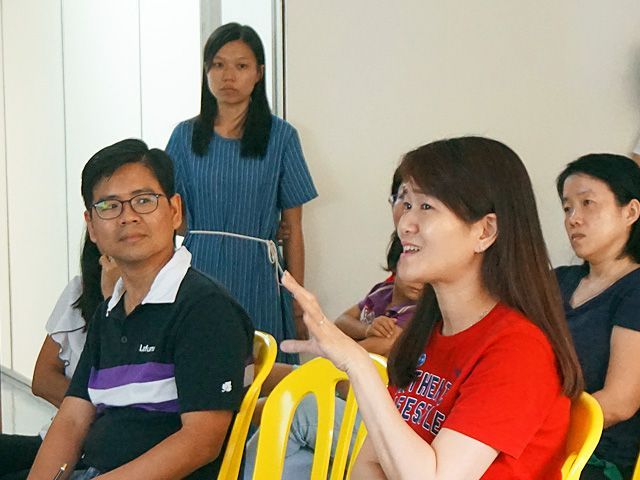 Children will become dependent, coward and tend to run away when difficulties arise if they live in a condition that is too favourable. Therefore, parents can create some frustration scenarios according to children’s psychological bearing capability in order to improve their adaptability and enhance their resilience. If parents think outdoor is full of danger, they can create frustration scenarios indoor for their children. For examples, parents can let the children to wash their own school shoes, wash dishes, or prepare a simple meal for the family. Studies showed that the psychological, cognitive and muscle development of a 9 years old child are mature enough for he or she to do certain heavy house chores. Parents can create different “miserable” scenarios such as preparing a picnic trip, planning for a travelling etc for children based on their ages.
Children will become dependent, coward and tend to run away when difficulties arise if they live in a condition that is too favourable. Therefore, parents can create some frustration scenarios according to children’s psychological bearing capability in order to improve their adaptability and enhance their resilience. If parents think outdoor is full of danger, they can create frustration scenarios indoor for their children. For examples, parents can let the children to wash their own school shoes, wash dishes, or prepare a simple meal for the family. Studies showed that the psychological, cognitive and muscle development of a 9 years old child are mature enough for he or she to do certain heavy house chores. Parents can create different “miserable” scenarios such as preparing a picnic trip, planning for a travelling etc for children based on their ages. 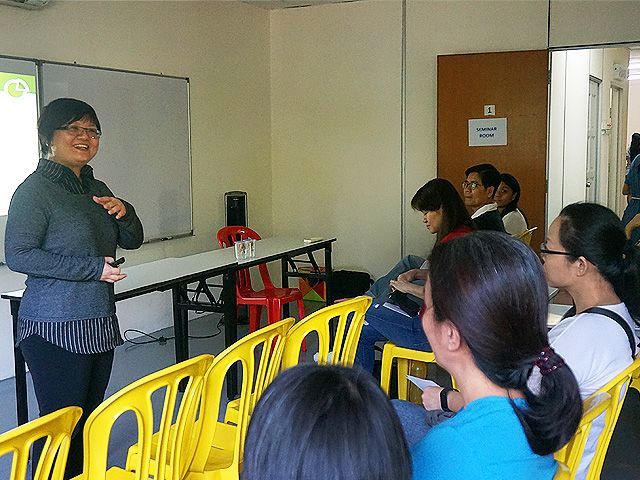
How to let go? Five things parents can do to help their children learn to be independent
1. Help children to develop a sense of ‘I can’.
Parents must first let their children to have the urge to try. Then, parents need to create opportunities for their children to try out. Children have to experience ‘I can do it’ during the process as it will later help them to develop a sense of ‘I can.’ The sense of ‘I can’ plays an essential role in learning to be independent as it represents the self-esteem of a child. Hence, parents can give words of affirmation to their children in daily life in order to enhance their sense of ‘I can.’ 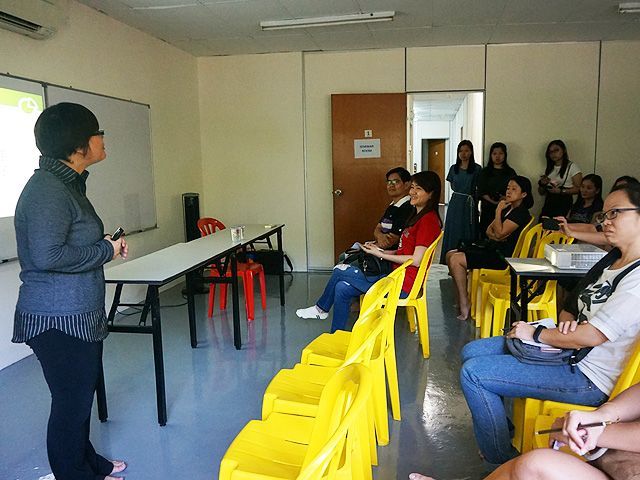
2. Give children a chance to deal with things and learn from mistakes
When children make mistakes, parents should not rush to correct them. Instead, parents should take a deep breath and relax. Parents should give children a chance to deal with things and learn from mistakes themselves. Parents should always stay calm and let their children take time to think and share their opinions. Talking to children should be like talking to friends, it is all about caring and giving freedom, not distrusting in order to protect their self-esteem.
3. Support the interest and enthusiasm of children
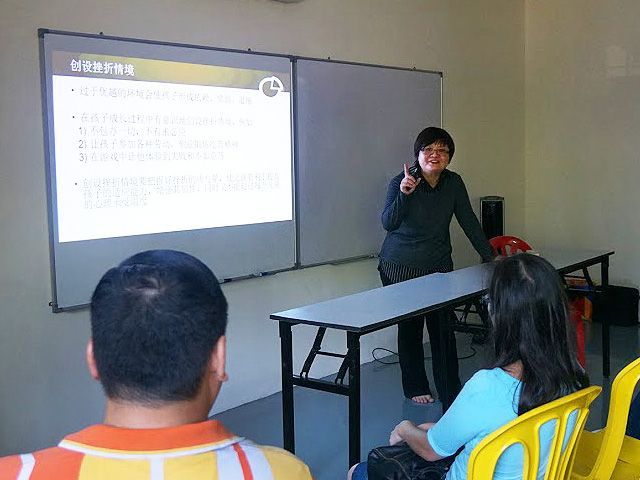 Parents should always show concern on the psychological condition of children, not the school work merely. Parents need to give responses to children after they share their stories. When there is two-way communication, children are more likely to share with parents. Parents have to take note that these communications should be relaxing and easy, not to cause the children to feel unhappy and being interrogated as this aims to improve parent-child relationship. Otherwise, the children’s sense of ‘I can’ will be affected.
Parents should always show concern on the psychological condition of children, not the school work merely. Parents need to give responses to children after they share their stories. When there is two-way communication, children are more likely to share with parents. Parents have to take note that these communications should be relaxing and easy, not to cause the children to feel unhappy and being interrogated as this aims to improve parent-child relationship. Otherwise, the children’s sense of ‘I can’ will be affected.
4. Love and discipline are correlated: Respect is not equal to indulgent.
If parents only know to provide their children with material enjoyment and let their children to bear all consequences of independence, the children will have the feeling of empty, not being cared and loved. Parents can actually share their life stories and experiences with their children. By doing so, children will think that they can ask parents questions as well. Gradually, children will become less resist to parents' questions and more open to share. 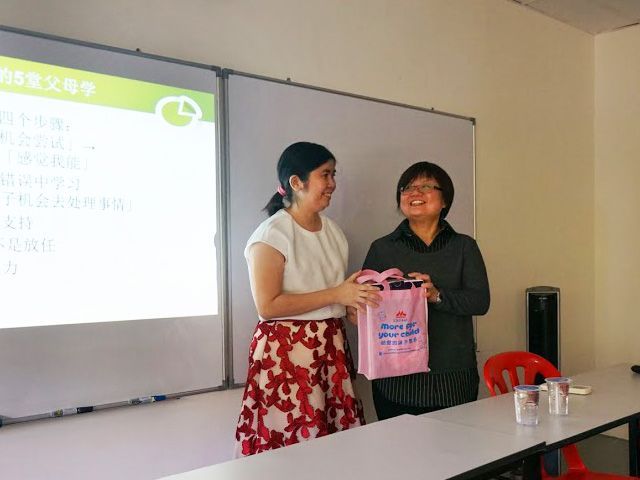
5. Foster the adaptability and resilience of children
Before letting go, parents should always use examples from daily life or create frustration scenarios for their children in order to foster the adaptability and resilience. Parents need to make children to feel that they can do it, which can later increase their sense of ‘I can.’
When children have problem
When children encounter problem, parents do not need to solve the problem for their children, but they can share the emotion with their children. Understanding the children's emotions can help to resolve the negative emotions of children and problems between parents and children. Specifically, parents can: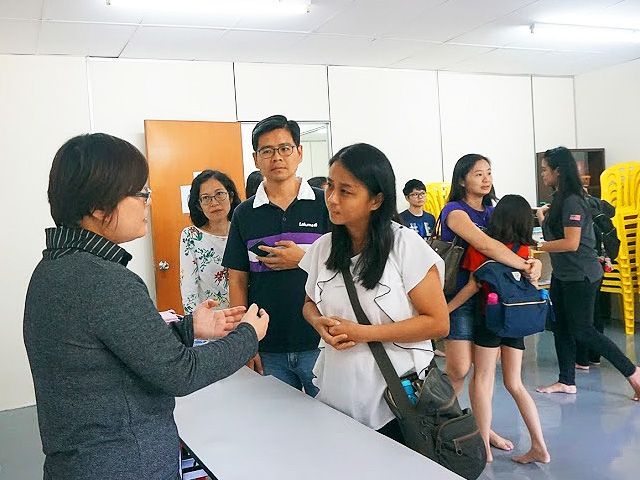 1. Listen attentively, to clarify feelings and establish empathy.
1. Listen attentively, to clarify feelings and establish empathy.2. Brainstorm, to explore possible solutions with the children.
3. Plan assessment, to help children to choose rationally.
4. Results analysis, to discuss the possible consequences.
5. Actual action, to be specific and implement according to schedule.
6. Post-assessment, to reserve a time for next discussion.
When parents have problem with their children…
Parents should use the word ‘I’ to ask questions and seek cooperation from children.It usually consists of three parts:1. Parents describe the behaviour that interfered them and avoid blaming. Be sure to use the word ‘I’ when describing, for example, ‘When my child goes out at night and does not call home…’
2. Parents can then talk about the consequences of children’s behaviour, such as ‘... because I don't know where my child is.’
3. Parents can also indicate their feelings, such as ‘I am really worried, I worried that accident might happen to my child..."
Note: The brief content above is extracted from parenting sharing session at Pusat Tuisyen Era Unik, titled ‘Let Go and Let Grow’ on 3rd June 2018. For more information, kindly contact our office. We are pleased to assist you. Thank you.





